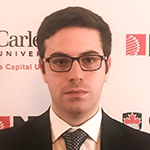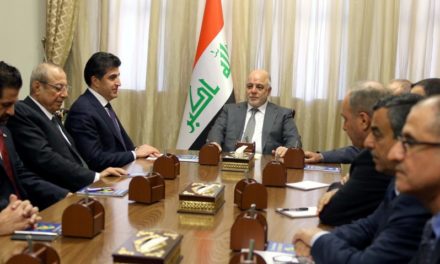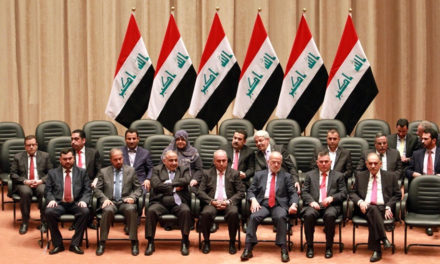The ubiquitous trend in journalism on Iraq has been for a while and continues to be imminent danger and impending doom. Nonetheless, taking a step back from the overdramatized commentary and simplified Iranian-American proxy war lenses, Iraq is continuing along the course it has been set on since the war to defeat Daesh began. Indeed it has been nearly a year since Daesh was officially territorially defeated but that does not mean Iraq expected the terrorist group would just vanish. There is coverage portraying Iraq as if it is not prepared for what is next to come. Thankfully, that is not the case.
With the war against Daesh officially over, there was a lot of talk in the past year about what the fate of foreign troops would be in Iraq. Despite the call from certain political groups, the Government of Iraq has continued to welcome the support from its allies to maintain training and assisting Iraqi Security Forces (ISF). Earlier this year, Canada accepted to take the lead for the first year of NATO’s new mission in Iraq, focusing on maintaining ISF training as all members of the Coalition to defeat Daesh understand the continued effort needed to counter insurgent attacks from regrouping terrorist fighters. This was a welcome step from Canada who earlier had paused their mission in Iraq out of fear of potential clashes between Kurdish Peshmerga and ISF after October 16, 2017.
Canada has also upgraded their diplomatic mission in Iraq by appointing its first ambassador to the country since 1991. Previously the Canadian ambassador in Amman took on the Iraq file, before a Chargé d’affaires was sent to Baghdad to lead the mission. This is another encouraging step from Canada, as Iraq is looking to restore all diplomatic relations stained by the dictator Saddam Hussein.
Looking at other vital allies such as New Zealand and Germany, both countries this week announced that they would be keeping their troops in Iraq in advisory roles. New Zealand was one of the first nations to heed the call to help Iraq in its moment of need in 2014 after a large portion of Iraq’s territory fell to Daesh. Their support then is not forgotten and their continued support is just as appreciated today as it was in 2014.
Reading some of the recent headlines, one would think that Iraq and its allies foolishly believed the threat of Daesh was completely over and that the resurgence of insurgent attacks has come as a surprise. But in reality, this was not to be unexpected and the Coalition to defeat Daesh has adjusted to Daesh’s ever-changing tactics, which is why western allies are extending their training missions. Simply put, Iraq has sacrificed too many martyrs to just call it a day and withdraw forces from the field before the job is done.
The renewed commitment from these nations in the midst of the government formation process heating up reveals the confidence they hold in the democratizing Iraqi state and that whoever takes over the helm in Baghdad, will be committed to moving the country forward and continuing to focus on improving the security of the Iraqi people. Healthy bilateral relations with the United States persists and NATO allies Canada, New Zealand and Germany renewing their commitments to help flies in the face of the narrative that Iraq is firmly in the palms of Iran.
If Iraq continues along the constitutional timeline set out for completing the formation of the new government, the council of representatives will be electing a president for the next four years who will then nominate a prime minister elect to form a new cabinet. This means the new government may be formed by the end of October. There continues to be many names thrown around for both president and prime minister, but what is important is that whoever is in office builds upon the positive steps that have been taken by the last government. Despite the protests in Basra, Iraq is in a better place today than what it was in 2014. The hope is that this positive progression not only continues but at a faster pace so that Iraq is at an even better place in 2022.

Hamzeh Hadad
Hamzeh Hadad is an Iraqi writer and commentator. He is currently a Master of Arts candidate at the Norman Paterson School of International Affairs.










